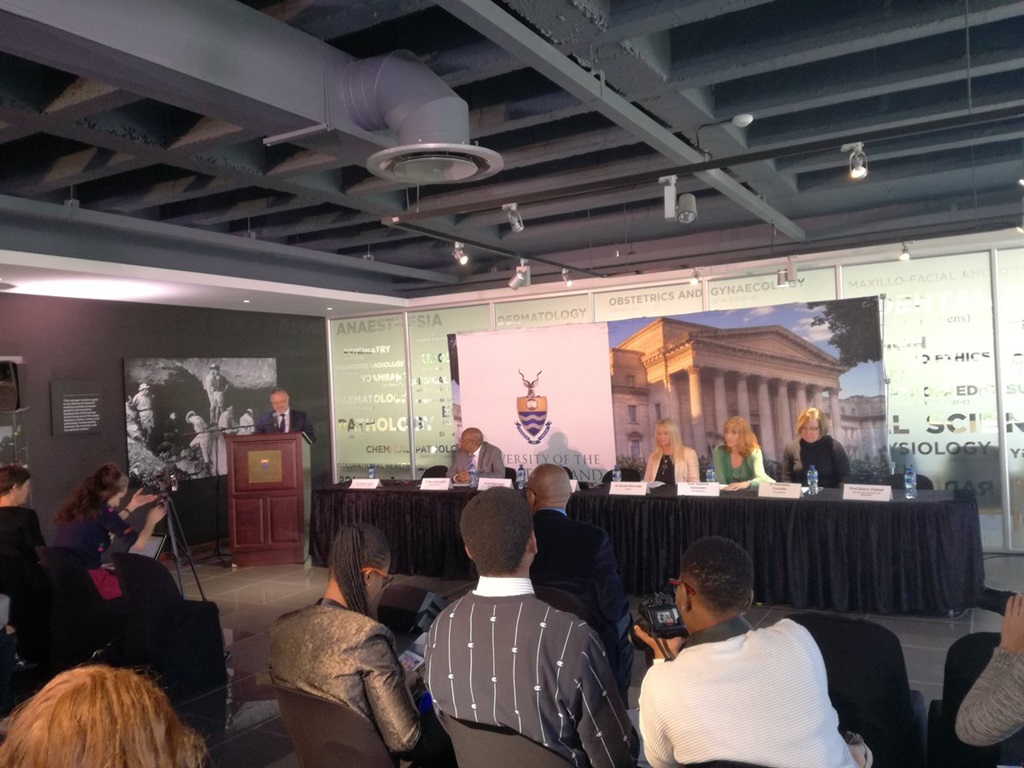
South African doctors have performed what is thought to be the world’s first intentional liver transplant from a mother living with HIV to her critically ill 13-month-old HIV-negative girl, who had end-stage liver disease.
This feat – hailed as “a story about bravery, brave decisions and finding solutions to an impossible matter” by Dr Sue Tager, chief executive of the Wits Donald Gordon Medical Centre – was performed at the centre’s transplant unit last year, and now - more than a year later - the mother and child are said to have fully recovered.
However, doctors are unsure of the child’s HIV status.
“This story, at least to my mind, is an inspirational one. Two aspects of this case are unique: firstly it involved a living donation of an organ from an HIV positive donor and, secondly the recipient received triple antiretroviral prophylaxis that may have actually prevented transmission [of HIV] and this we will only know in time,” Professor Jean Botha, principal investigator and transplant surgeon said at a media briefing held on Thursday.
The identity of both mother and child have, for ethical and confidentiality reasons, been withheld.
In South Africa, a country with the largest anti-retroviral therapy programme in the world, people with HIV live long and healthy lives.
However, organ donation is still a growing struggle.
In 2017, 14 children who were on the waiting list for a liver transplant in Johannesburg died before they could be transplanted.
“For children with liver failure, the only option for treatment mostly, is a liver transplant. For this to happen, an organ can be sourced from deceased donors but because of the shortages [in donors], it makes it difficult to acquire the organs.
"So this necessitates exploration of alternatives for our patients. In an attempt to address this problem we established a living donor liver transplant programme at Wits in 2013, the only such programme in the entire sub-Saharan Africa,” he continued.
Explaining how a living donor transplant worked, Botha said a portion of the liver was taken from a healthy adult donor, usually the parent, and that was then transplanted to the child.
As the child grows, so does the liver – same with the donor, the liver does regenerate in six to eight weeks.
Ethical considerations: Death or HIV
"However, saving the life of the child had to be balanced against the risk that we would almost certainly infect the child with HIV if the mom were to be the donor.
"The mother had been on ARV treatment for longer than six months and had a CD4 count greater than 200 and a suppressed viral load.
"These risks and benefits were carefully thought out by our team and we presented it to the Wits human research ethics committee, who granted us permission to proceed,” Botha explained.
Dr Harriet Etheredge, a medical bioethicist who oversees ethics and regulatory issues at the Wits Donald Gordon Medical Centre, explained the ethical considerations the team made prior to the transplant.
“Extensive efforts were made to identify either a deceased liver donor or an HIV-negative living donor for the child before considering the HIV-positive parent donor.
"Transplanting HIV-positive organs is not illegal in South Africa, however, it is not considered best practice internationally because of the risk of HIV transmission to the recipient.
"To minimise risk to donors and recipients, this operation is offered only under exceptional circumstances,” she said.
In this transplant case, the mother is said to have asked numerous times for the opportunity to save her child’s life by donating a segment of her liver.
“Parents will often stop at nothing to save the lives of their children. In the case of a liver transplant, you often have a parent willing to be a living donor and willing to undergo a risky procedure to make it happen.
"What we can do is make sure that parents are familiarised with the risks associated.
"Ultimately, what we had here was a really brave set of parents who made a difficult decision and their decision hasn’t only resulted in saving the life of their child but also opened up extensive new options for HIV research in the country and, hopefully, has also opened up a new living donor pool for kids in SA who are HIV-negative,” Etheredge continued.
The chance of the child getting HIV was unknown.
The team initially thought the child would contract HIV and in the weeks after the transplant, they did detect HIV antibodies in the child.
However, the team accessed specialised testing by HIV experts at the National Institute of Communicable Diseases, who subsequently could not find any active HIV infection in the blood stream of the child, meaning there is a chance that she is HIV-negative.
“We were under the presumption going into this that the child would develop HIV. That was the ethical debate; we had to balance the benefit of saving the child’s life against the risk of HIV.
"We know now people living with HIV can live healthy lives on ARVs. We were hoping that even if the child developed HIV, we’d have given her the ability to live a normal childhood, adolescence and adulthood,” Botha added.




 Publications
Publications
 Partners
Partners








